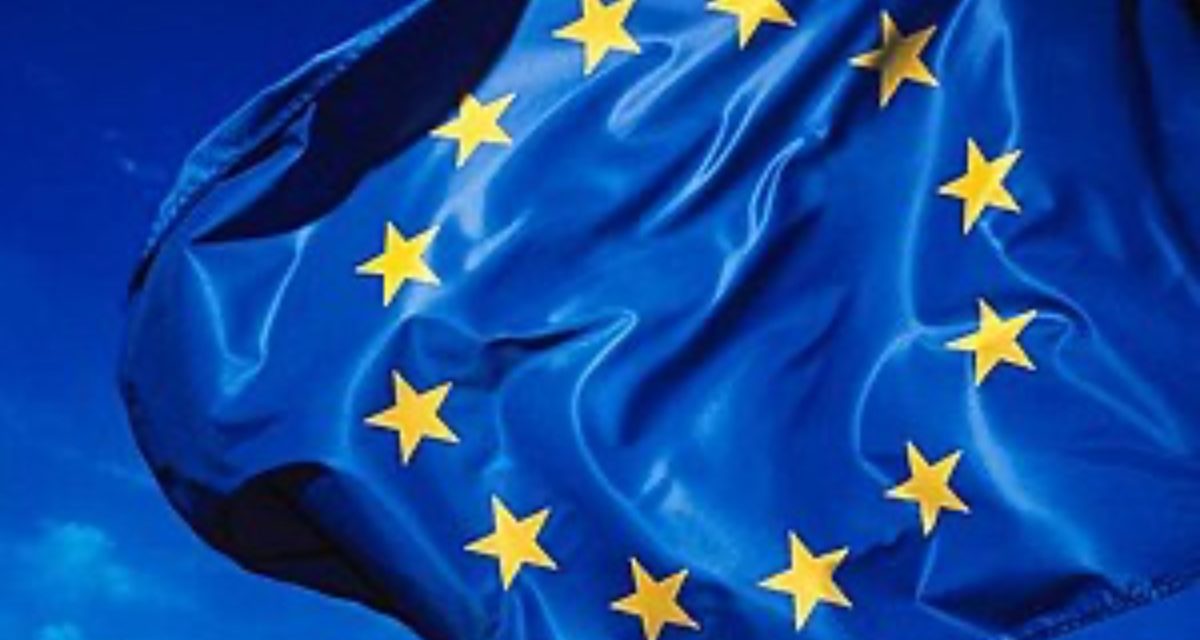The European Union has published its Digital Markets Act, which, among other things, will require firms such as Apple to offer alternatives to its App Store and payment systems.
The Council and the Parliament today reached a provisional political agreement on the Digital Markets Act (DMA), “which aims to make the digital sector fairer and more competitive.” Final technical work will make it possible to finalize the text in the coming days, the Council says.
In a press release, Cedric O., French Minister of State with responsibility for Digital had this to say: The European Union has had to impose record fines over the past 10 years for certain harmful business practices by very large digital players. The DMA will directly ban these practices and create a fairer and more competitive economic space for new players and European businesses. These rules are key to stimulating and unlocking digital markets, enhancing consumer choice, enabling better value sharing in the digital economy and boosting innovation. The European Union is the first to take such decisive action in this regard and I hope that others will join us soon.
Not surprisingly, Apple strongly opposes the DMA. The tech giant told ABC News that “it was concerned that parts of the Digital Markets Act “will create unnecessary privacy and security vulnerabilities for our users while others will prohibit us from charging for intellectual property in which we invest a great deal.”
Google said it will study the text and work with regulators to implement it.
“While we support many of the DMA’s ambitions around consumer choice and interoperability, we remain concerned that some of the rules could reduce innovation and the choice available to Europeans,” the company told ABC News.
Along the same lines, on Thursday the European Union (EU) announced plans to enact new legislation that would demand major messaging services — including iMessage, WhatsApp, and Facebook Messenger — to send and receive messages, calls, videos, and files from smaller competitors.
The EU is a political and economic union of 28 member states that are located primarily in Europe. Its policies aim “to ensure the free movement of people, goods, services, and capital within the internal market, enact legislation in justice and home affairs, and maintain common policies on trade, agriculture, fisheries, and regional development.”
Article provided with permission from AppleWorld.Today




